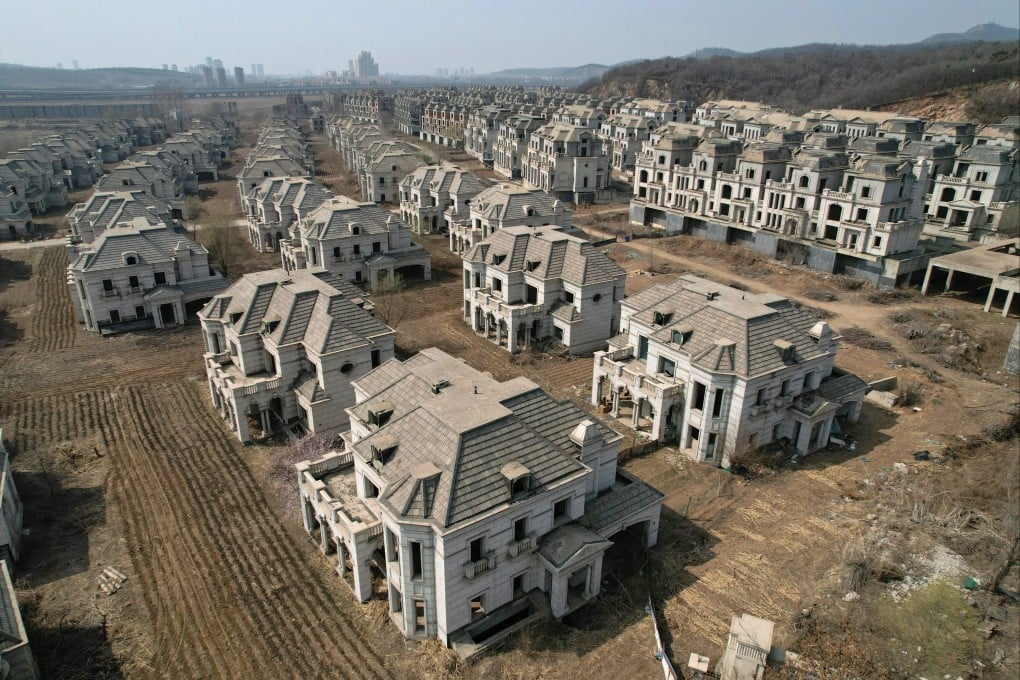As China mulls 2024 GDP growth target, Beijing must be willing to serve up more stimulus and economic reform
- Local-level governments are in dire financial straits and desperate for Beijing to lend a hand, and whether it does may be decided in a matter of days
- Analysts say Beijing’s long-term growth targets could be at risk of falling short in the absence of substantial action

If China hopes to hit its ambitious target of doubling the national gross domestic product (GDP) by 2035, leadership should once again set a minimum growth target for next year of at least 5 per cent, according to analysts.
But achieving that goal, some say, will boil down to whether Beijing is willing to splash out on more substantial stimulus measures to get the economic ball rolling and build momentum in 2024 and beyond.
Policymakers are expected to gather at the annual central economic work conference in Beijing this month to discuss the outlook for the world’s second-largest economy.
The closed-door gathering covers matters of critical economic importance, as determined by the Politburo – a top decision-making body of the ruling Communist Party – and the selected topics will provide more insight into what is on the minds of policymakers, including perceived challenges, as they outline points of action.